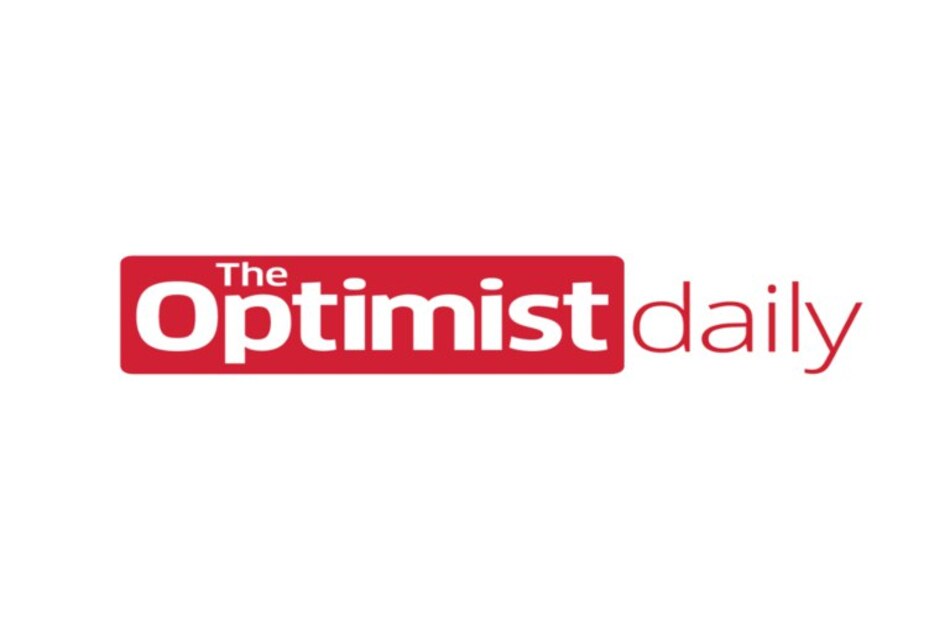As particularly vulnerable hot spots for covid-19, nursing homes have been prioritized to receive the vaccine, but most states fell short of their goal to vaccinate nursing home residents by Christmas. One outlier, however, is West Virginia. On December 30, the state celebrated the completion of its first-round Covid-19 vaccinations for all nursing home residents and staff. What sets them apart? Local pharmacies.
Researchers from Johns Hopkins University analyzed what contributed to West Virginia’s success. First off, while many states relied on pharmacy giants like Walgreens and CVS to distribute nursing home vaccines, West Virginia shifted their attention to small, local pharmacies. With large distributors, each pharmacy location is responsible for serving approximately 25 nursing homes, but West Virginia instead mobilized 250 small pharmacies to take on vaccinating their 214 nursing homes, meaning that each was only responsible for one home.
Walgreens and CVS won the federal contracts to vaccinate about 99 percent of US nursing homes, but these pharmacy giants often don’t have the same patient relationships as smaller pharmacies. When it comes to vaccinating nursing home residents that may be wary of accepting the vaccine, these residents are far more likely to accept a vaccine from their local trusted pharmacist. The existing relationships these pharmacists have with their community play a real role in vaccine confidence.
Additionally, local pharmacies are one of the staples of rural towns. Areas that do not have immediate access to a CVS or Walgreens location fall lower on the priority list for vaccination schedule, but even these remote areas are likely to have a local pharmacy or two, ensuring equitable vaccine access for all.
As of January 14, only about a quarter of the vaccine doses designated for nursing home residents have actually reached people’s arms, but West Virginia is already embarking on a second-round of vaccinations and even expanding access to the broader public. Their tactics serve as a highly successful model for other states, especially in areas with rural populations.
More providers with smaller patient loads speed up vaccine rollout and boost patient confidence. More localized providers also lower the number of logistical challenges and reduce the number of patients falling through the cracks on second dosages. US Covid-19 vaccine rollout has fallen short of expectations in its initial stages, but with targeted adjustments, other states can reach the same vaccine milestones that West Virginia is surpassing.











